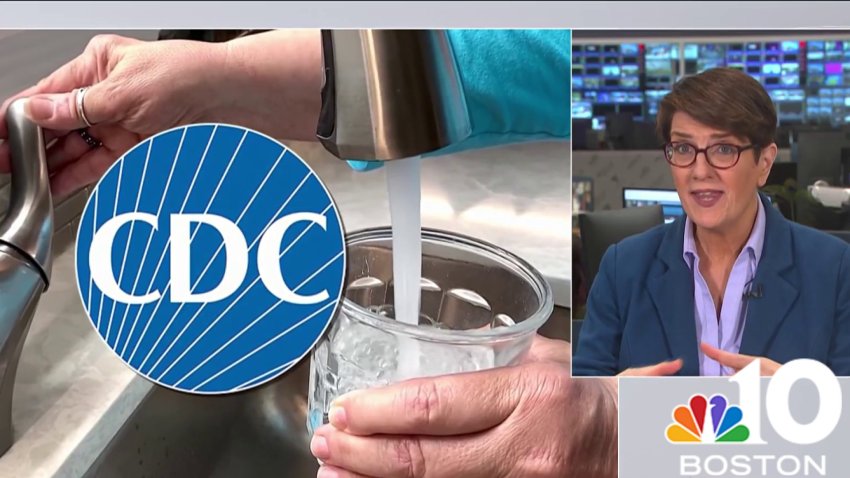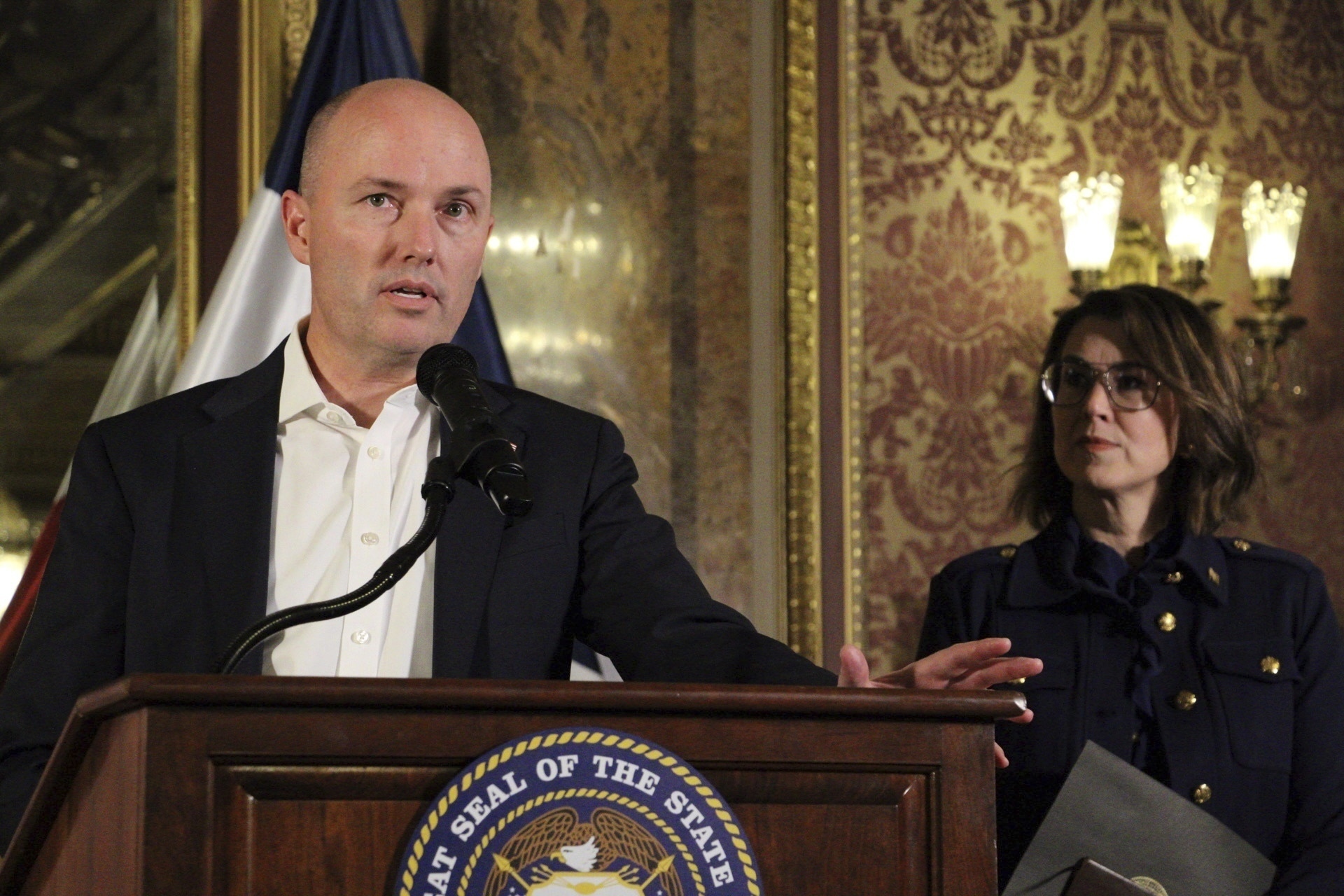Towns and cities in Massachusetts get to decide on whether to add fluoride to water, and not all of them do. But after Health and Human Services Secretary Robert F. Kennedy’s announcement that the CDC will no longer recommend it in water systems, officials we spoke with said it won’t change what they do — fluoride in low doses has long been found to have health benefits.
The federal government will soon stop recommending that municipalities add fluoride to public drinking water. Many communities in Massachusetts already don't do so.
Of Massachusetts' 351 cities and towns, about one-third, 120, have fully fluoridated water, though more than 60% of people in the state currently get fluoride in their water.
WATCH ANYTIME FOR FREE
Stream NBC10 Boston news for free, 24/7, wherever you are. |
Worcester, Springfield and Brockton are the largest cities that don't offer fluoridated water. The state's Bureau of Community Health and Prevention officially lists the reason for each as "city/town does have a community water supply" (see the table below).
Adding low levels of fluoride to water has long been found to reduce tooth decay without other harmful effects — the Centers for Disease Control and Prevention has called it a top public health breakthrough of the 20th Century — and the CDC currently recommends 0.7 milligrams per liter of fluoride in drinking water.
Get updates on what's happening in Boston to your inbox. Sign up for our News Headlines newsletter.
But municipalities, not the federal government, have long been in charge of whether to fluoridate their water, and many, including in Massachusetts, have chosen not to do so. Utah recently became the first state to ban it, and in announcing the coming change to CDC policy, Health and Human Services Secretary Robert F. Kennedy Jr. said he is putting together a task force to focus on the issue.

For Needham, the change in federal recommendation won't stop town officials from adding fluoride to the water.
"There are health concerns of sort of developmentally with children over time, if they are exposed to an exponentially higher dose of fluoride than what is recommended," Timothy McDonald, director of health and human services in the town, but he added, "You're talking about something, you know, almost in the order of ten times as much as what is currently put into the water."
Pediatric dentist Amy Regen, who works in Needham, noted that "too much of anything can cause problems" in the human body, but things like fluoride have been found to be safe.
"I'm a mother, as a consumer myself, I'm always paying attention to the safety of what we put into our bodies," she said.
Her practice operates in several communities across Massachusetts, some with fluoridated water and some without.
"Our Franklin patients, where there's less fluoride in those surrounding communities, have a higher cavity rate in our patients versus here in Needham, where there's more fluoridated towns," Regen said.
Does your Mass. city or town fluoridate its water?





